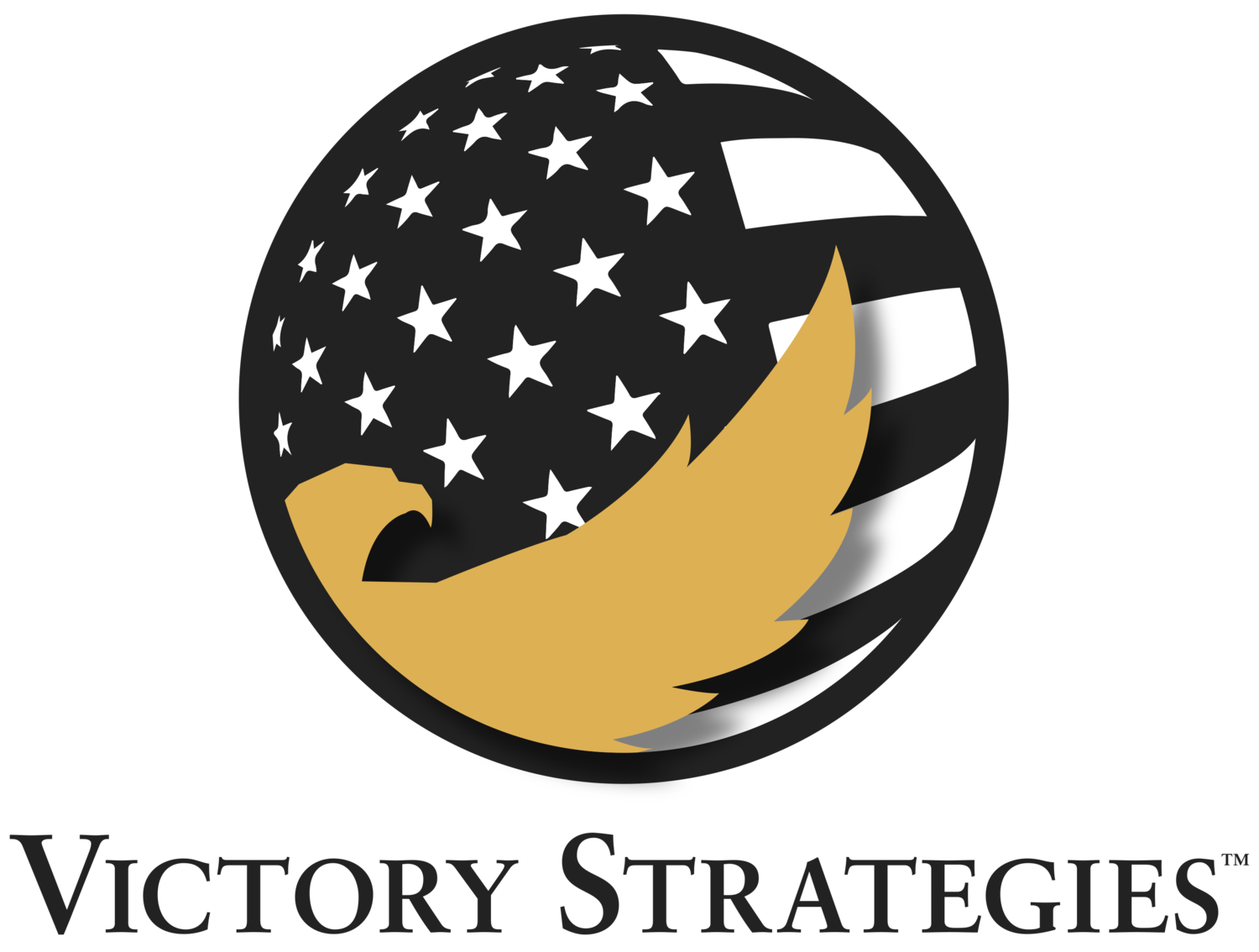I love the book by Michael Usteen, Leading Up: How to Lead Your Boss So You Both Win. Incredible insight from leadership practitioners about their successes and failures when managing their relationship with their bosses. However, I did not find an equivalent book that I love that describes experiences in leading and influences a leader’s peers. As I increased in seniority in the Army, I realized the critical nature of the relationships I built with my peers that I leveraged to achieve success within my own, my peers, and the larger organization. As with any organization, I watched other leaders fail to identify this same paradigm to their detriment. These leaders failed, based on their hubris, immaturity, or learned behavior. Those, who succeeded tended to play well with others without any other goal than to make their organizations and their peers better. After all, didn’t we all learn everything we needed to know by the time we were five?
Most leaders learned or failed to learn, key life lessons by the time they completed kindergarten. Five-year-olds learn to share or not, to help a peer or not, to treat others with respect or not, and to achieve together as a team or not. These initial life lessons carry through for some, but ego and excessive ambition often take a much greater role in others’ development. Junior leaders in the early stages of a career may observe wild success from highly ambitious peers or bosses. There is nothing wrong with ambition, but these observations can lead to the wrong conclusions without a balance of teamwork.
From my initial start as an Army Aviation leader, I realized that my role provided functional support to the ground maneuver Commander. Army Aviation requires an incredible investment in capital, human capital, and sustainment costs to the Army and the taxpayer. We existed solely to help the ground Commanders achieve their tactical, operational, and strategic end states. We rarely operated independently. When we did, it always served to set the conditions for our ground Commanders’ success. How did we build the appropriate relationships? Three lines of effort. First, we developed habitual personal and professional relationships of credibility and trust through repetition and consistent presence. Second, we sought opportunities to support our Ground Force peers with more than they asked. Third, we delivered what we promised, the first time, every time.
Personal and professional relationships developed through constant interaction during training and in operation. When ground forces operated, aviation forces accompanied them. In early assignments, ground and aviation operators knew their counterparts’ voices on the radio without asking who transmitted the message. We included opportunities for socializing after work through socials, hobbies, and team-building events. We cross-trained roles and functions, which allowed us to appreciate the others’ capabilities, limitations, strengths, and challenges. We learned, fought, failed, and succeeded together.
Offering more to peers than what they asked for built huge credibility, trust, and our greatest supporters. I explained to my junior leaders that I defined teamwork as giving up some resource of value to a peer willingly when that peer thought he or she needed it desperately, even when the donator did not think so and it caused pain. In almost every case, the return on this investment increased by large multiples. I also empowered junior leaders to find opportunities to work with their peers without waiting for the organization to direct them. We had multiple years, where our organization worked with other units and peers with few formal mission requests.
Delivering on the promises of support solidified relationships through performance. Delivery included the number of aircraft, on-time execution, and performance in the face of adverse conditions through the application of contingencies. If we failed to deliver, it chipped away at the credibility of the leader and the organization. A failure resulted in a peer taking longer to trust that we could provide the necessary support.
These three lines of effort can apply to any organization, military, industry, for or non-profit. A leader simply cannot achieve or progress without peer teamwork. In the civilian world, the motivation and incentives to achieve are different from the military. Aspiring leaders in a corporate structure may equate a pathway to achieving success through climbing the corporate ladder, at the expense of peers. Acting in a way that undermines or marginalizes peers may achieve in the short run, but will manifest in negative ways in the future. It will not take too many negative experiences before a peer demonstrates a reluctance to apply any effort or assist an overly ambitious leader. Supervisors will likely observe this lack of teamwork. While a supervisor may appreciate individual performance, that leader also looks at team play to determine talent management and consideration of career-enhancing roles. So, when you can, aid your peer until it hurts! You will see that investment pay off through peer reciprocation and your supervisor observing your teamwork.
Authored By: Matt Weinshel, Managing Director
